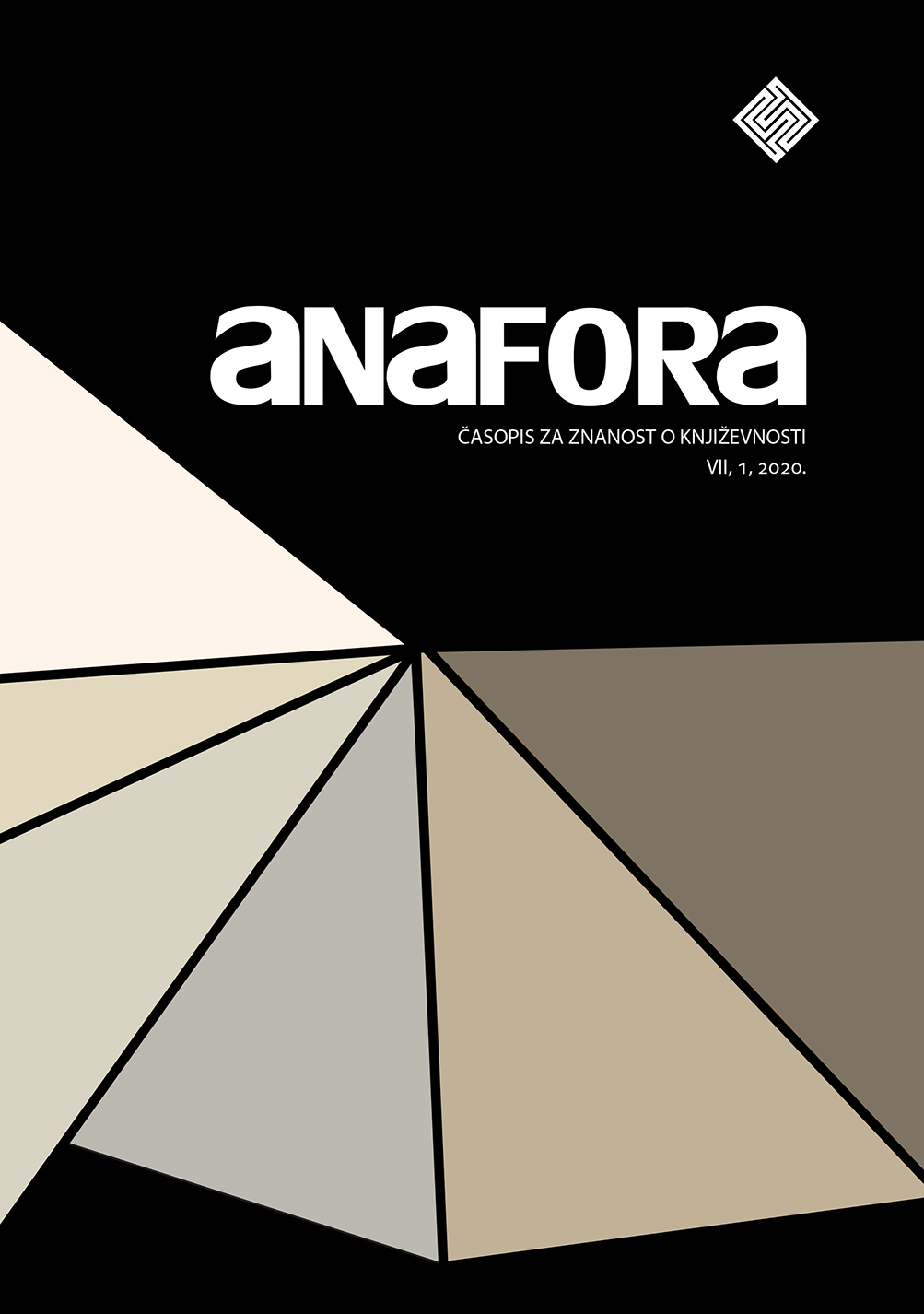Liberal Failure: Possible Worlds in John Updike's Rabbit, Run
Propast liberalizma: Mogući svjetovi u romanu Rabbit, Run Johna Updikea
Author(s): Hossein Pirnajmuddin, Sara Saei DibavarSubject(s): Politics and society, American Literature
Published by: Filozofski fakultet, Sveučilište Josipa Jurja Strossmayera, Osijek
Keywords: John Updike; Rabbit Run; cognitive poetics; immediacy; possible worlds vs. actual world; blending; neoliberalism;
Summary/Abstract: John Updike’s Rabbit, Run addresses the human condition under the reign of capital in the context of a society in transition toward a neoliberal state. By depicting a protagonist preoccupied with desire and consciousness through recounting his immediate experiences, the narrative delineates the confusion inherent in the capitalistic state for the protagonist in search of a way out toward self-actualization. Through the application of possible world theory, it is argued that the imbalance between Rabbit’s counterfactual possible worlds and his actual world accounts for the failure he experiences in his quest. As such, the possible worlds’ disequilibrium, we argue, ultimately leads to Rabbit’s bitter failure in his search; too many possible worlds in their counterfactual state produce a kind of counter-reality where there are too many fantasy/wish worlds, but few obligation worlds, a situation that leads to all the inevitable consequences we witness at the end of Book One of the Rabbit tetralogy.
Journal: Anafora - časopis za znanost o književnosti
- Issue Year: 7/2020
- Issue No: 1
- Page Range: 145-164
- Page Count: 20
- Language: English

